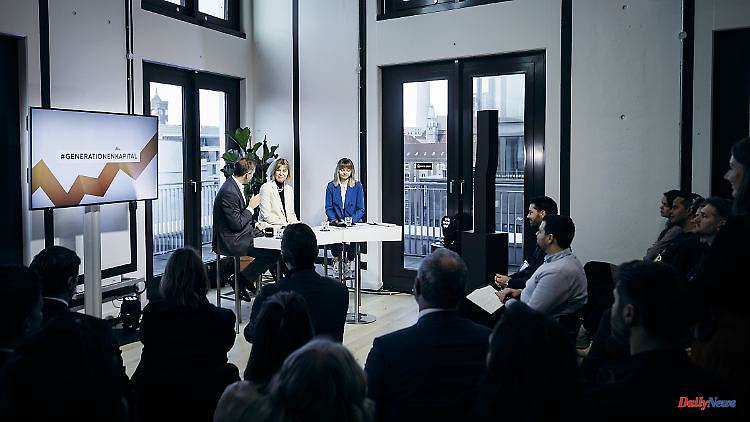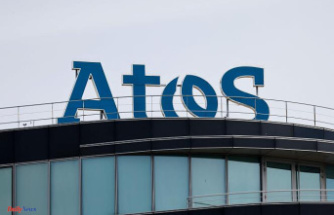There is the statutory pension, private pension options and company pension schemes - soon there will be another pillar for financial security in old age: The federal government is planning to build up a share pension, which the Ministry of Finance now calls "generational capital". It should be part of the statutory pension. However, many details are still unclear. Federal Finance Minister Christian Lindner wants to explain his plans in Frankfurt am Main on Tuesday.
Why should anything be changed in the pension system at all?
The age structure in Germany is changing - there are more and more old people and fewer and fewer young people. This also means that there are more and more pensioners and fewer and fewer contributors. The state already subsidizes the statutory pension fund with a good 100 billion euros a year and the trend is rising. The traffic light coalition does not want to cut pensions or increase the retirement age. At the same time, the contributions should not increase too much. The share pension agreed in the coalition agreement is intended to help achieve all of these goals.
What exactly is stock annuity?
A fund is to be set up, which the federal government will fill with share capital. A public-law foundation, which has yet to be set up, is to manage the money and, above all, invest it profitably - in shares, among other things. The returns go to the statutory pension insurance. "From the 1930s and late 1930s, we will then have the opportunity to stabilize the pension via interest and compound interest," said Lindner on Sunday on ARD. The federal government would compensate for any losses.
This year, the federal government wants to make ten billion euros available for the fund's capital stock. But Lindner thinks a much larger sum is necessary: "We need a three-digit billion sum in the medium to long term," he said in December. In January he expressed the wish to put ten billion euros into the fund every year. However, this has not yet been finally clarified in the coalition.
What other questions are still open?
Many, because there is no draft law for the introduction of stock pensions. Among other things, it is unclear which specifications should apply to the investment strategy of the fund, for example with regard to sustainability or social aspects. It is also controversial within the coalition to what extent part of the regular pension contributions could be put into the fund in the future. Lindner now spoke out in favor of it: "If this model has proven itself once, then what speaks against the contributors also investing in the future stability of the pension," he told ARD.
What criticism is there?
The SPD and the Greens are skeptical about the project, which is being driven primarily by the FDP. It is feared that even if the fund has comfortable financial resources, the effect on stabilizing the pension system will be small. The Green MP Frank Bsirske strictly rejects "speculating" with pension insurance contributions and calls this "dangerous". The left is completely against the share pension and instead demands that all employees pay into the statutory pension, including the self-employed and civil servants, for example.












